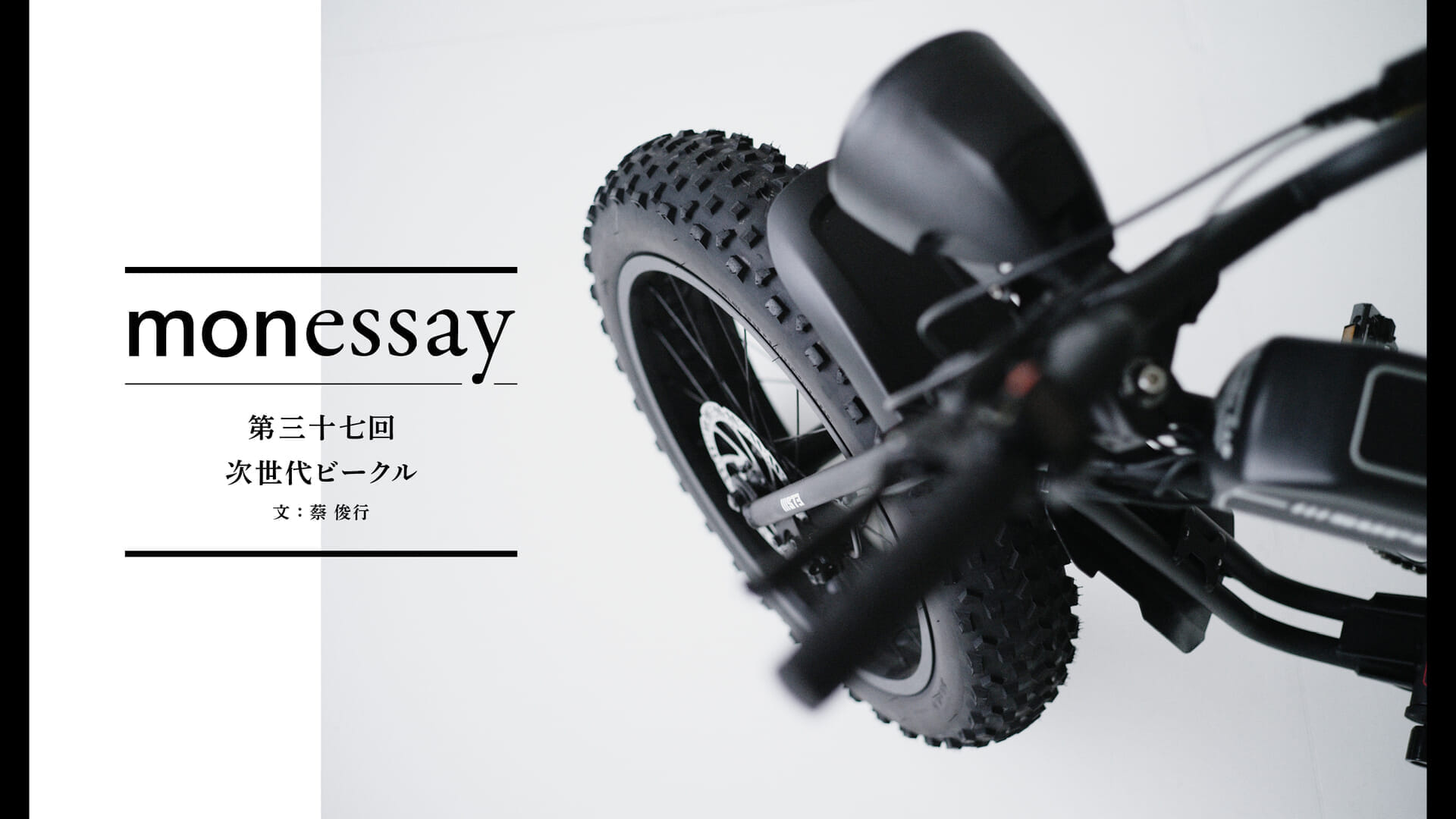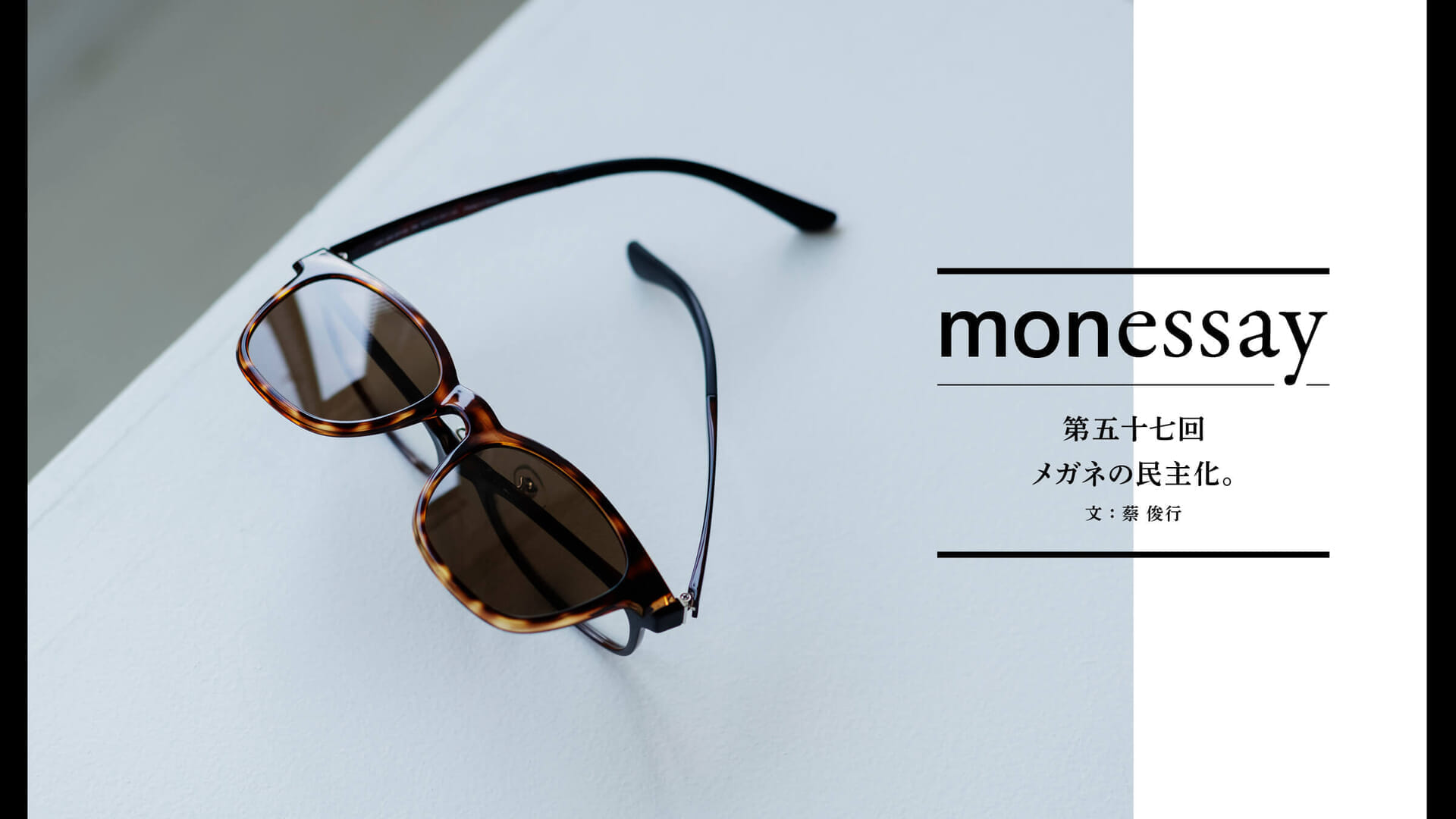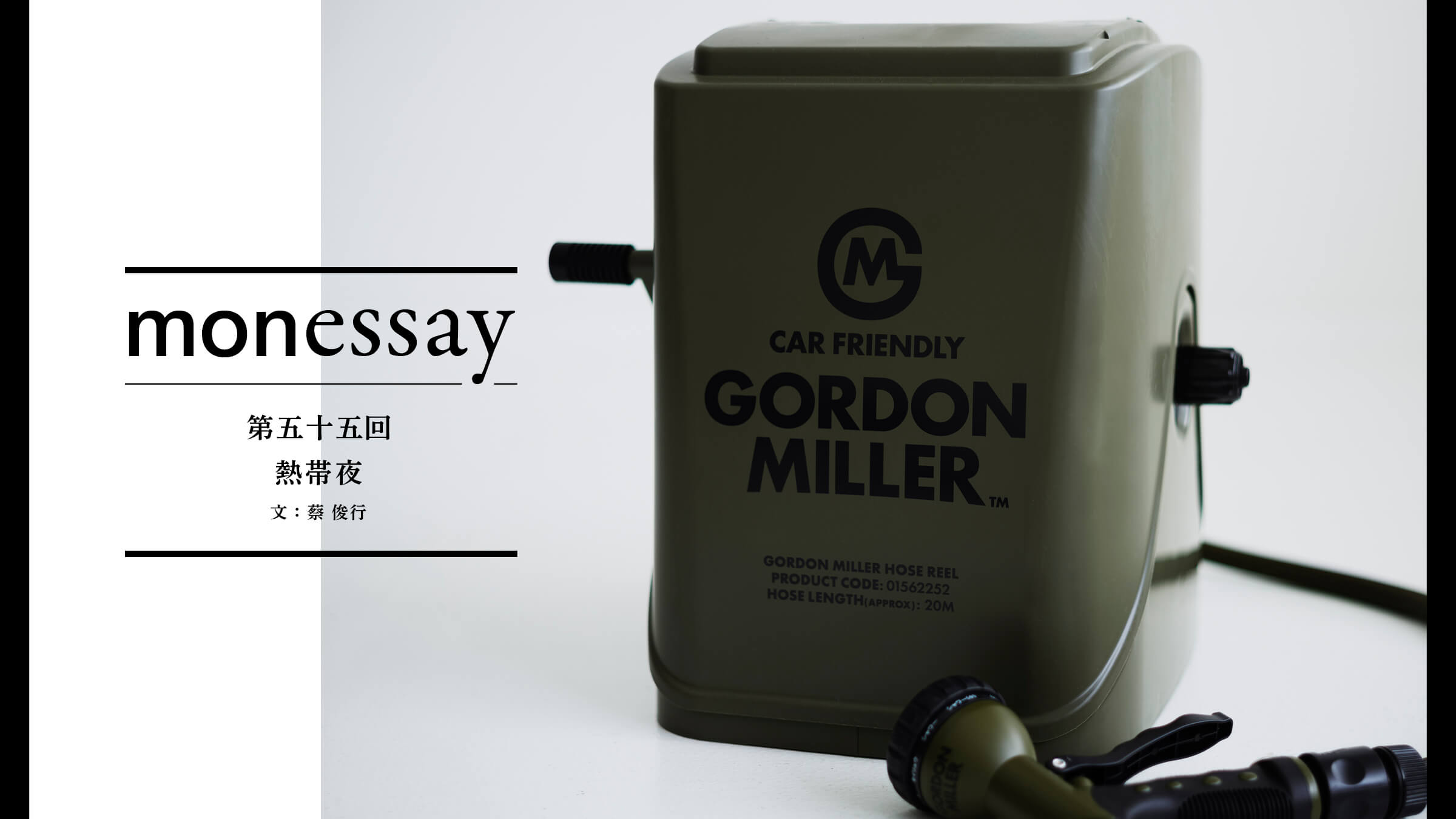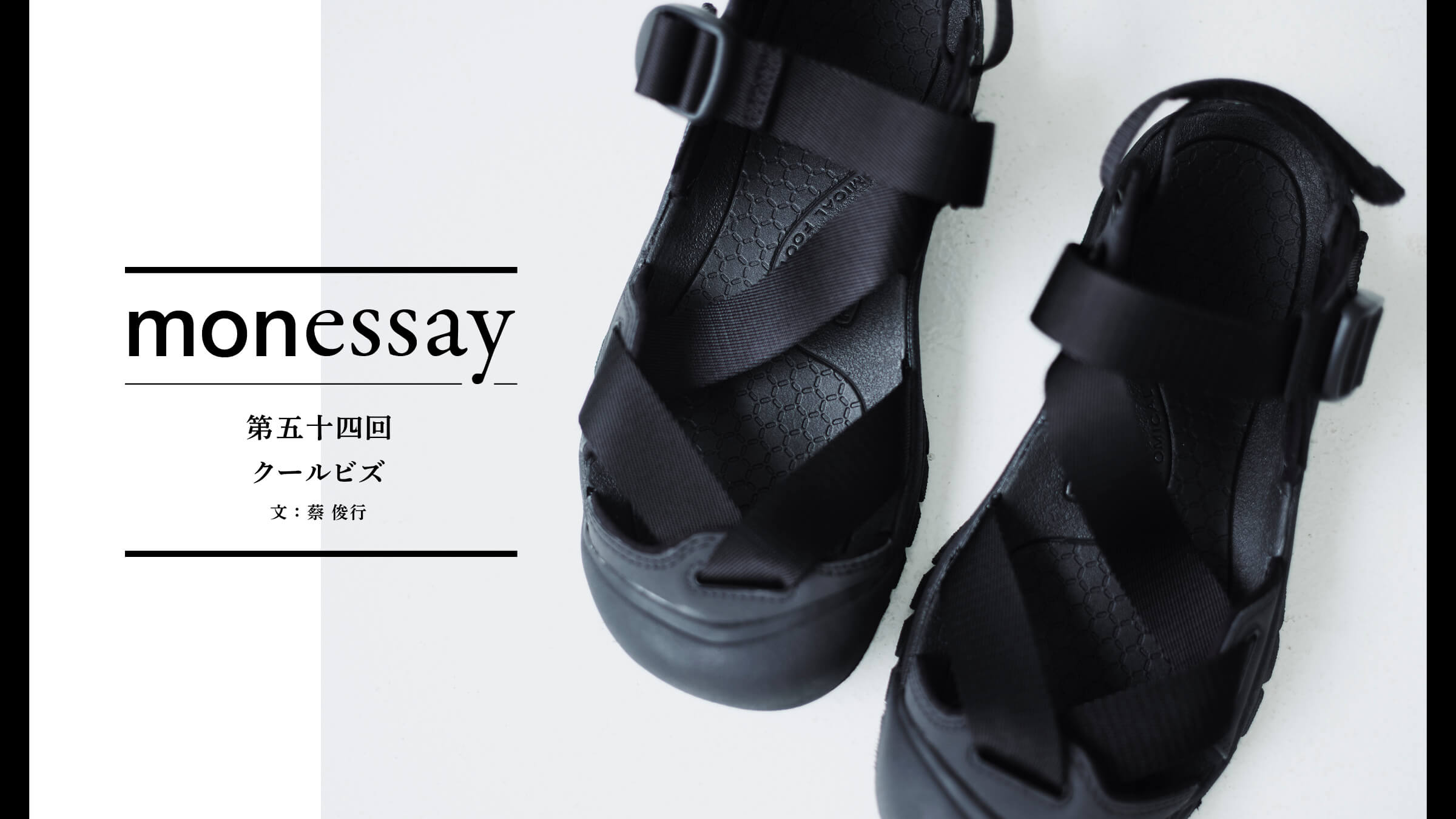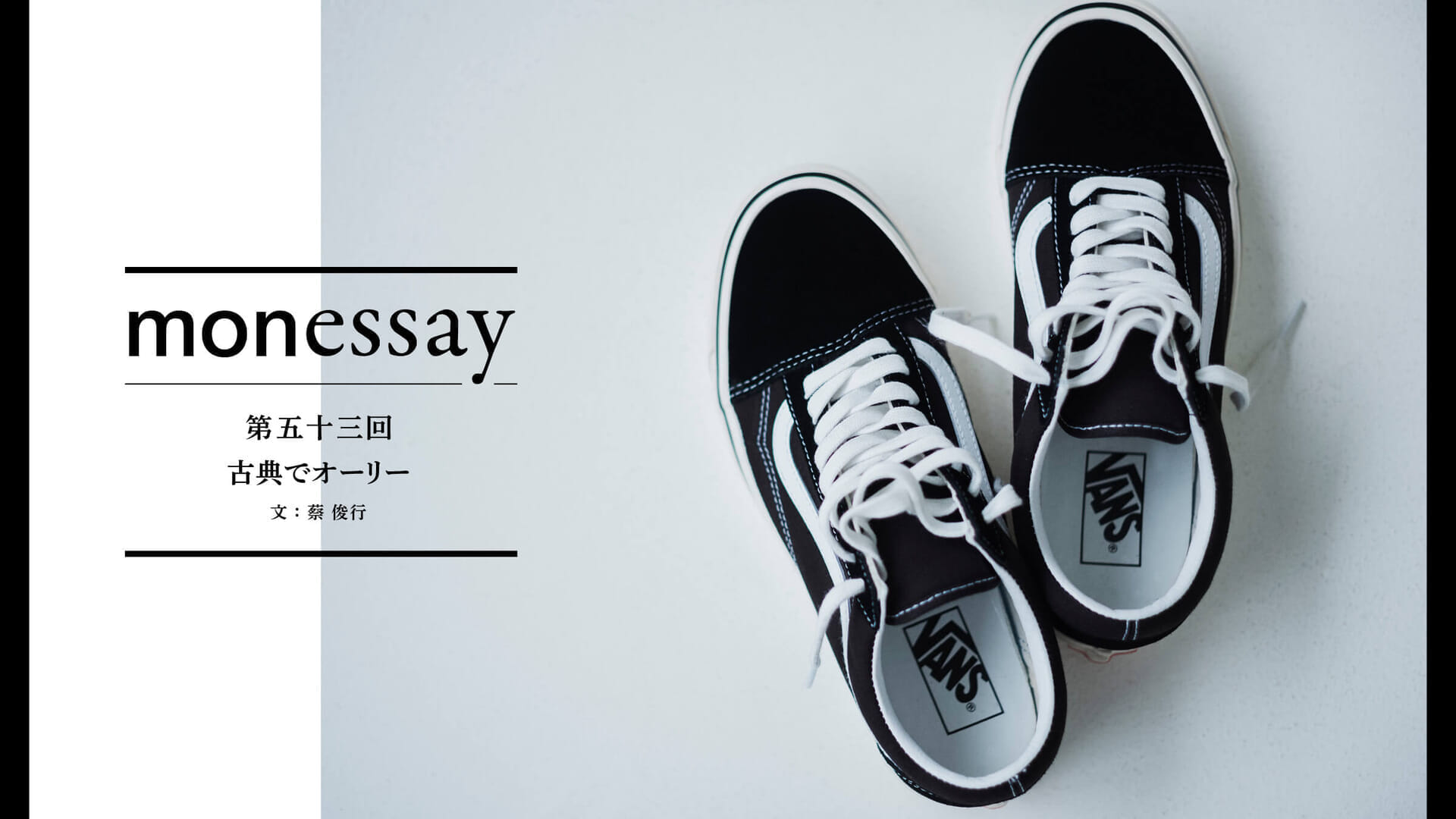The 37thNext Generation Vehicles
I have lived in Tokyo for almost 40 years now , and I don't have many complaints about my life. There are plenty of restaurants where you can get good food for a reasonable price , and the level of service and cleanliness is high. The streets are always clean and safe. . I have no complaints, and in fact, it has an advantage over any other developed city.
. However, the city lags a bit behind other developed cities in terms of progressiveness, especially in the area of urban transportation.
No, I am not complaining about public transportation . . the subways are clean and on time, the bus network is a spider's web, and you can go anywhere you want. The subways are clean and on time, and the bus network is like a spider's web, going everywhere.
However, I feel that there is a lack of measures to deal with environmental issues such as traffic congestion and the resulting exhaust emissions. . That is the problem.
As an eco-friendly vehicle, bicycles are becoming increasingly popular in cities around the world, but Tokyo has only barely begun to develop bicycle lanes on some streets. In Tokyo, however, bike lanes have only just begun to appear on some streets, and they are only colored blue on the sides of the roads. The lanes are narrow, and perhaps the rules are not yet thoroughly enforced, but cars are driving without respect for the lanes and illegally parking across them.
. The rules and manners of people riding bicycles are also a problem. Although they are legally obliged to keep left because they are treated as vehicles, many of them ride on the wrong side of the road in the right lane. Disregarding traffic signals is commonplace. It seems that it will take a little more time for bicycles to gain citizenship.
New York and Paris are a little ahead in this respect. . One gets the impression that cars are being pushed aside because of the bike lanes. It is not easy to decide which is better, but from the point of view of the next generation of young people like Greta Toonberg, it should be obvious.
In such cities, there are various shared rides that are further serviced by start-up companies. A typical example is a vehicle like an electric kickboard. They are left all over the city, and registered users pick them up and go wherever they want. Then they ride off. Convenient as they are, they are everywhere like oversized garbage, and they are a hindrance to walking. Moreover, they run at a very high speed. They run on the wrong side of the road, or on the sidewalks. They are very dangerous.
There have been so many accidents that every city has had to put restrictions in place. It is only natural.
However, if you follow the rules and use them well, there is no easier way to get around.
I suppose there are good and bad things about being too enterprising, but I hope that you can find a good landing spot for your wisdom.
Such a service is out of the question in Japan, as the Metropolitan Police Department would never allow it. All such motorized vehicles are treated as light vehicles, so they must be equipped with security devices such as turn signals, brake lights, and license plates. Furthermore, since they are treated as motorized bicycles, they are in violation of the Road Traffic Law if they do not wear helmets.
There are some start-up companies in Japan for such next-generation vehicles, but I wonder how far they can negotiate with the hard-headed police. . I guess it depends on their lobbying activities, but it doesn't look very bright.
There are many innovators in the world, researching, presenting, and manufacturing various vehicles on a daily basis. . skateboards with electric motors, bicycles with motors, and so on. These vehicles, however, have to overcome many hurdles before they can be used on public roads in Japan.
. an electrically power assisted bicycle is the last thing on the table.
If the next generation of vehicles were legalized, it would be a much better place to live , Tokyo.
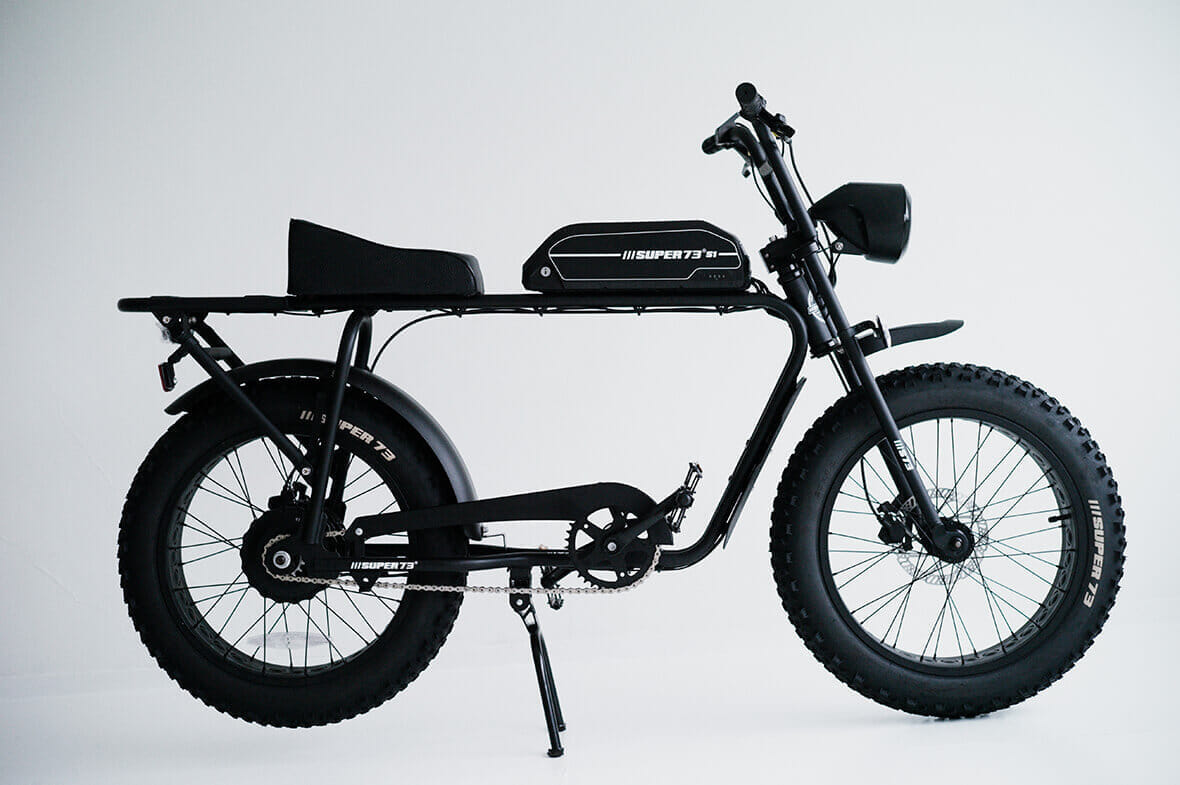
¥350,000+TAX
The "SG1" model from "Super 73" is based on the design motif of the minibikes that were popular in Southern California in the 1970s. This electric bike has tough specs that allow it to be ridden over rough terrain, such as uneven mountain roads and sandy beaches lapped by waves, as well as an attractive, wild appearance.
PROFILE

After working as a freelance editor for Magazine House and Popeye, he managed stylists and started his own editing/production company, which was renamed Rhino Inc. in 2006.
Regalis Corporation
Phone: 03-6809-7630
super73.jp


